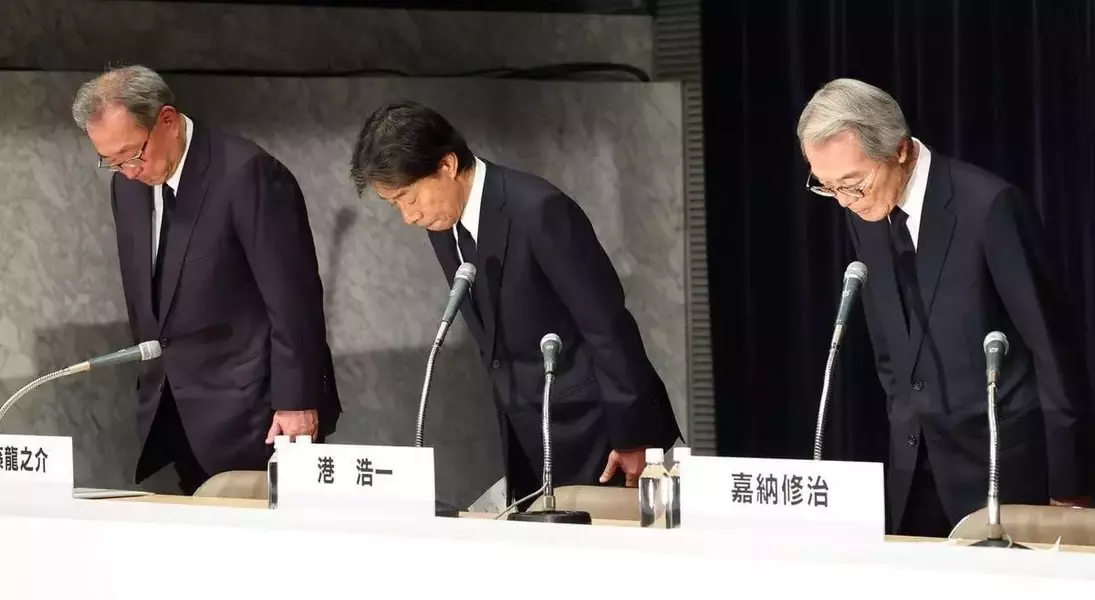
In late January 2025, Fuji Television underwent a significant transformation following allegations surrounding a well-known entertainer. The network held an extensive press conference that lasted over ten hours, addressing the involvement of its employees in personal troubles. This event led to major changes within the company, including resignations from top executives. Public figures criticized the handling of the situation, particularly questioning the absence of key individuals during the conference. The incident has raised concerns about corporate accountability and the future of the entertainment industry.
Details Unfold as Fuji Television Holds Lengthy Press Conference
In the crisp, cold days of late January 2025, Fuji Television found itself at the center of a storm. A prolonged press conference was convened to address recent allegations involving Masahiro Nakai, a celebrated figure in Japanese entertainment. The meeting stretched for more than ten hours, reflecting the gravity of the situation. Following reports of Fuji employees' involvement in Nakai's personal issues, several high-ranking executives resigned, marking a dramatic shift within the network. Notable departures included former president Koichi Minato and chairman Shuji Kano.
The press conference was led by Kenji Shimizu, the newly appointed president, who assumed leadership amidst chaos. The absence of Hisashi Hirai, a pivotal figure in Fuji’s operations, drew widespread criticism. Takafumi Horie, a controversial yet influential voice in the business community, voiced his disapproval on social media. He questioned the management decisions and highlighted the lack of accountability from senior executives, particularly criticizing Hirai's conspicuous absence. Horie remarked on the perceived indifference of those at the top, emphasizing the impact on Fuji's reputation.
Journalists pressed hard for answers, expressing frustration with evasive responses. The atmosphere grew tense as reporters sought substantive explanations rather than scripted replies. Horie further commented on the inadequacy of the proposed solutions, suggesting that resignations alone would not address deep-rooted issues. He pointed out the potential consequences for sponsorship and the broader health of Fuji's internal culture.
A Call for Genuine Reform in the Entertainment Industry
This scandal underscores larger challenges within the entertainment and media sectors, raising questions about how companies handle sensitive situations. The involvement of high-profile figures like Nakai highlights concerns about corporate culture and employee treatment. While immediate problems appear addressed with the departure of high-ranking executives, deeper issues remain unresolved. Many observers believe that meaningful change is essential to prevent future controversies.
The incident has cast doubt on Fuji Television's role within the broader media landscape. As the new management takes charge, all eyes will be on how they address these challenges. The public will closely monitor efforts to rebuild trust and credibility. Ultimately, this episode serves as a reminder of the urgent need for genuine reform within organizations to ensure transparency and accountability.
